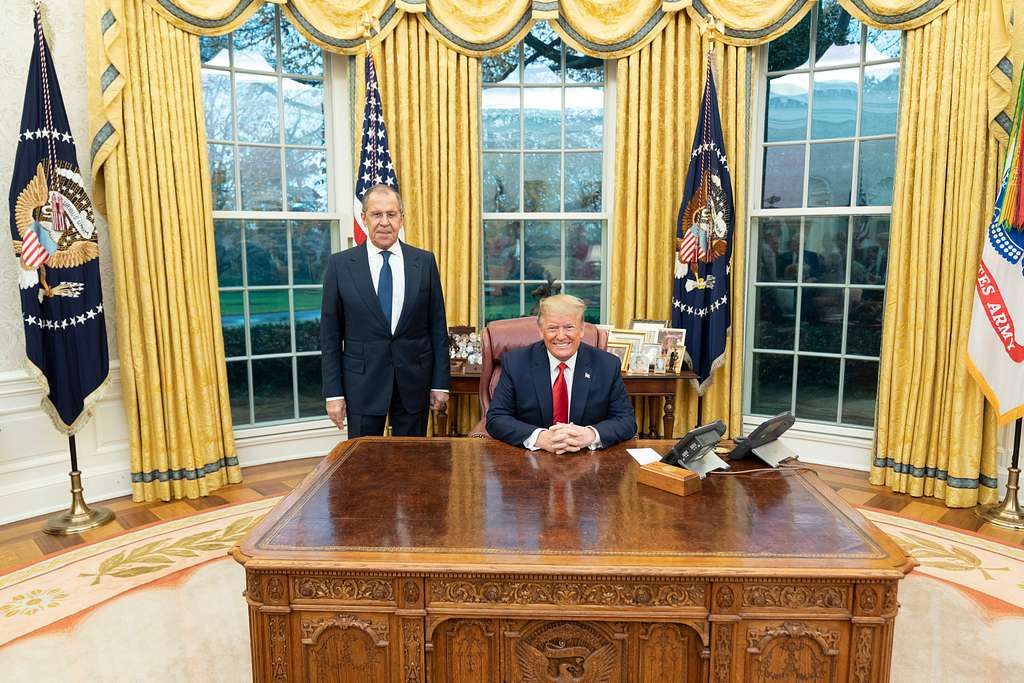India Opts for Administrative Spectrum Allocation in Satellite Broadband, Following Musk’s Criticism of Auction Model

In a significant decision, the Indian government announced that it will allocate spectrum for satellite broadband services through administrative methods rather than via auction. The move comes just hours after Elon Musk criticized the auction route proposed by his rival, Mukesh Ambani, calling it “unprecedented.”
This decision is pivotal in the ongoing competition between billionaires in India’s satellite broadband sector, which is projected to grow by 36% annually, reaching a market value of $1.9 billion by 2030. The method of spectrum distribution has been a contentious issue since last year, with various stakeholders advocating for differing approaches.
Musk’s Starlink, aiming to deliver high-speed internet to rural areas, and Ambani’s Reliance Jio, a dominant player in India’s telecom sector, are both vying for leadership in this rapidly growing market. The government’s choice to forego auctions could lower barriers for new players like Starlink while posing challenges to established telecom giants like Jio, who might have leveraged the auction process to their advantage.
This policy shift is expected to reshape India’s satellite broadband landscape, driving competition, reducing costs, and enhancing internet access in remote areas. The clash between Musk and Ambani reflects the broader struggle to regulate emerging technologies while ensuring equitable competition and fostering innovation.







